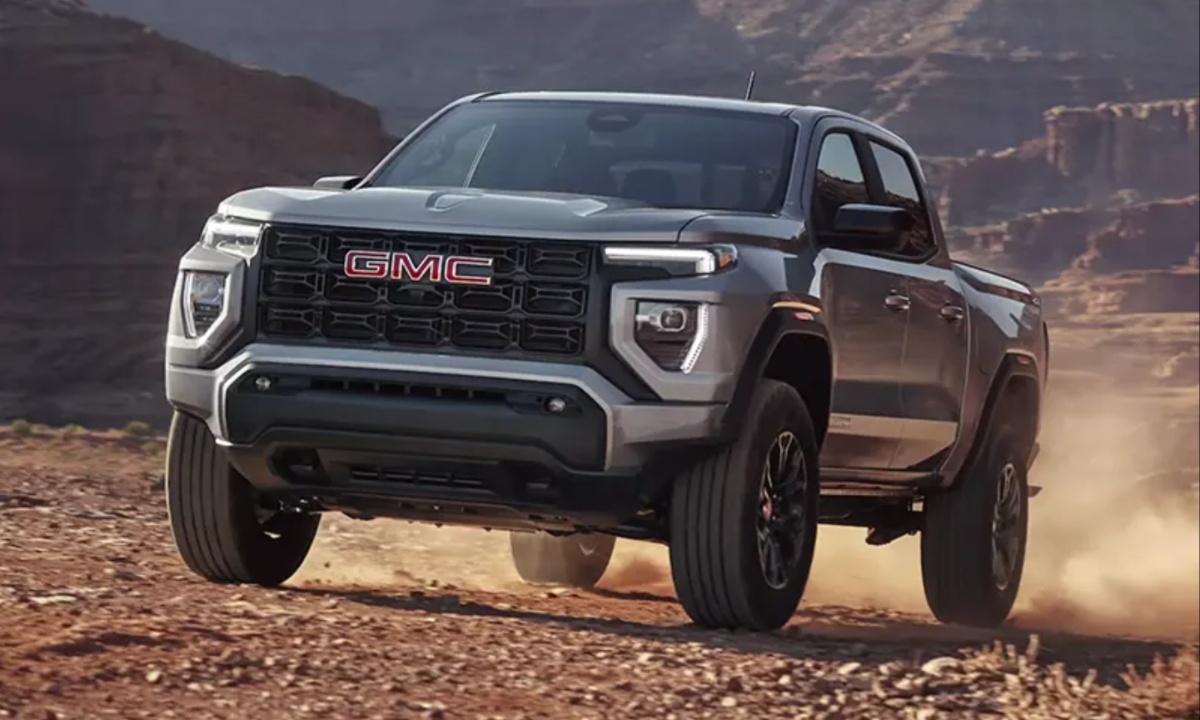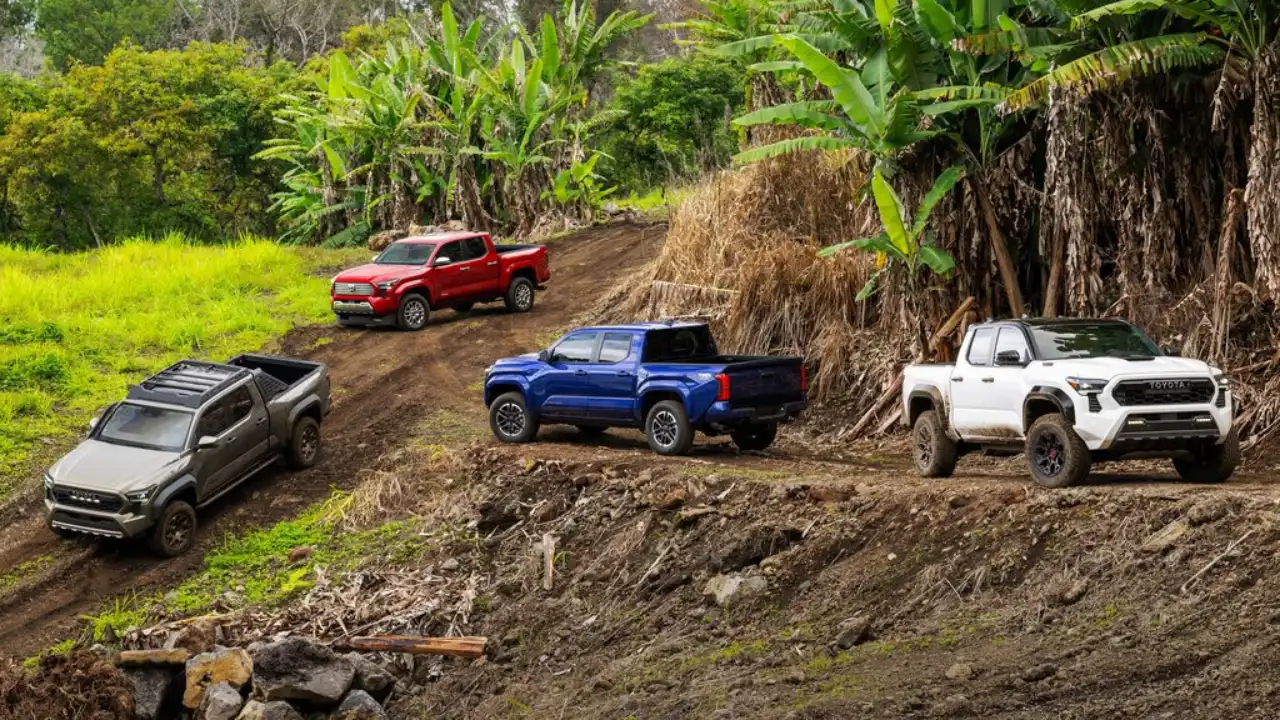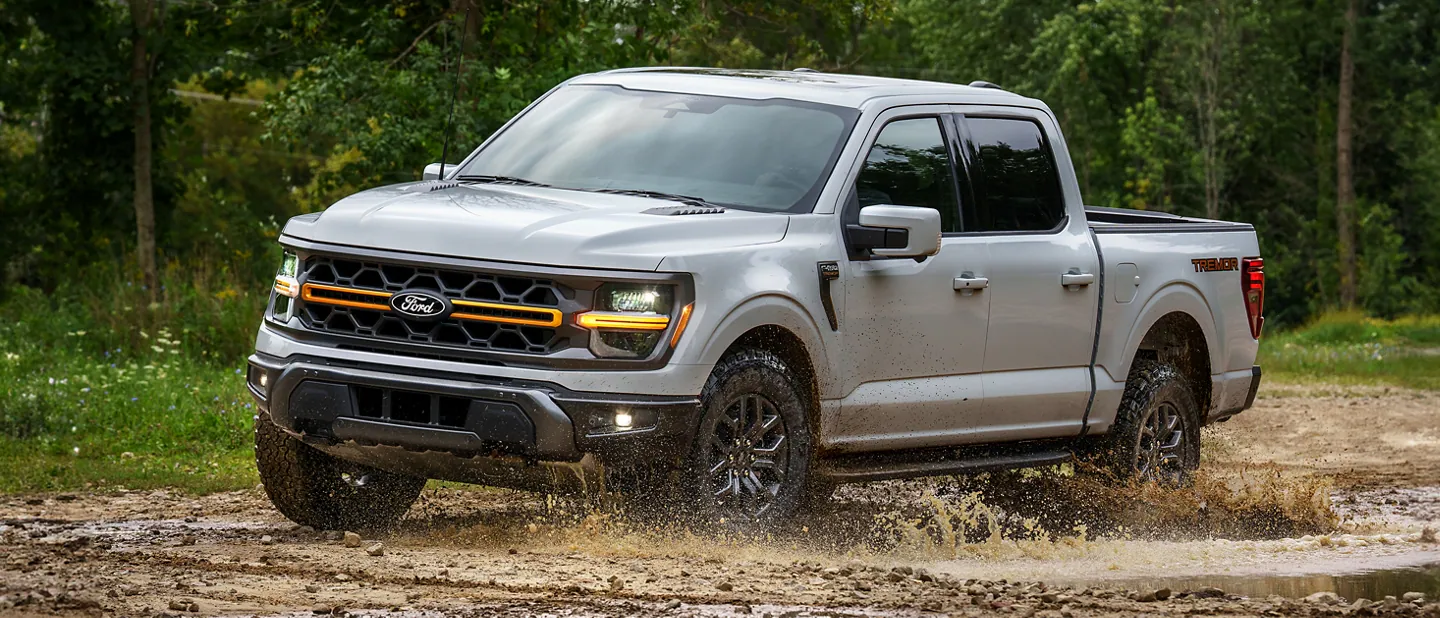Arthur Cook, a Nashville lawyer, loves his truck for its utility and flexibility. Whether hauling cardboard to the dump or taking kayaks out for a weekend adventure, his truck has always been part of his lifestyle. However, the poor gas mileage bothers him.
To solve this, Cook plans to go electric. He’s already put down deposits on both Ford’s F-150 Lightning and Tesla’s Cybertruck, knowing that an electric truck will eventually be part of his future.
Electric Pickups: The Long Road to Adoption and Demand

The electric pickup truck market is just now taking shape, despite electric cars gaining traction over the last decade. Bernard Swiecki, director of research at the Center for Automotive Research, explained the delay: heavy trucks require massive batteries, which were previously too expensive.
Advances in technology and falling battery costs have finally made electric pickups feasible.
Now, major automakers like Tesla, Ford, GM, Toyota, and Rivian are jumping into the electric truck race. However, demand has exceeded expectations, creating long waitlists.
Director at the UC Davis Plug-in Hybrid & Electric Vehicle Research Center, manufacturers underestimated how quickly battery prices would drop, leaving them struggling to meet demand.
Building electric trucks requires substantial changes, from reworking supply chains to creating new facilities. These adjustments take time and significant investment, said Tal. Pandemic-related supply chain issues have compounded the challenge, particularly with sourcing batteries and semiconductor chips.
To cope, automakers are prioritizing established models over new electric ventures to avoid overextending themselves.

Ford, for example, has received 200,000 reservations for the F-150 Lightning, a number it typically reaches for standard F-150s within months. Michelle Krebs of Cox Automotive highlighted the difficulty of balancing demand with production capacity, emphasizing that reservations don’t always translate to sales.
Despite the challenges, Swiecki believes carmakers should act quickly, noting the soaring demand for electric vehicles, which nearly doubled in the U.S. from 2020 to 2021.
Mary Burns and her husband, based in the Bay Area, are among the many eager customers. Already proponents of renewable energy with an electric car and solar panels, they reserved an electric F-150 on the first day.
However, delays have left them waiting, with their current truck nearing the end of its life. The race is now between their aging vehicle and Ford’s production timeline.

